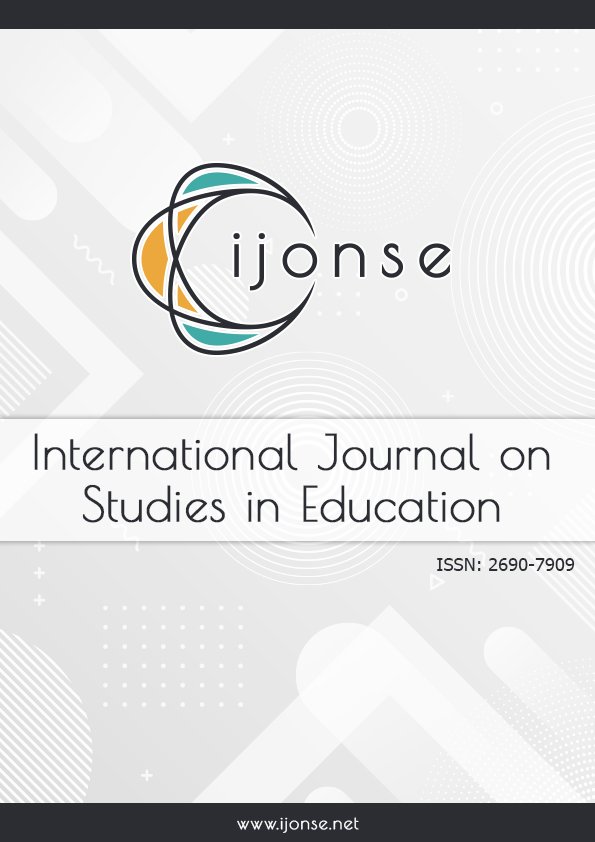Current Landscape of Work Modes and Tools in Higher Education in the Research Development Field
DOI:
https://doi.org/10.46328/ijonse.209Keywords:
work mode, research developmentAbstract
We conducted an online survey of National Organization of Research Development Professionals (NORDP) members in the higher education research enterprise to identify trends in work modes and expand insights into how the current workforce is shaping the profession. We find: (1) Hybrid work has emerged as a dominant work mode and likely is here to stay; (2) Flexibility, communication, and expectations around RD work is critical for successful teamwork as RD professionals need to connect with leadership and investigators and meet their varying expectations; (3) Remote workers have the highest rated rates of personal productivity and personal well-being; (4) In-person workers perceived their work mode as the most permanent. Remote workers are unlikely to consider fully in-person roles in future; and (5) While institutions have done well in terms of providing basic technology support (laptop, monitors), they have neglected to provide resources for their remote workers (e.g., coverage for internet, phone and office supplies). With this first of its kind study in the RD field, our goals are to share the potential of work modes and empower our colleagues to either leverage these results into their institutions or advance the research by expanding the survey.References
Malaby, H.L.H., Balakrishnan, K., Milutinovich, M., & Holloway, K. (2024). Current landscape of work modes and tools in higher education in the research development field. International Journal on Studies in Education (IJonSE), 6(2), 298-315. https://doi.org/10.46328/ijonse.209
Downloads
Published
Issue
Section
License
Articles may be used for research, teaching, and private study purposes. Authors alone are responsible for the contents of their articles. The journal owns the copyright of the articles. The publisher shall not be liable for any loss, actions, claims, proceedings, demand, or costs or damages whatsoever or howsoever caused arising directly or indirectly in connection with or arising out of the use of the research material.
The author(s) of a manuscript agree that if the manuscript is accepted for publication in the International Journal on Studies in Education (IJonSE), the published article will be copyrighted using a Creative Commons “Attribution 4.0 International” license. This license allows others to freely copy, distribute, and display the copyrighted work, and derivative works based upon it, under certain specified conditions.
Authors are responsible for obtaining written permission to include any images or artwork for which they do not hold copyright in their articles, or to adapt any such images or artwork for inclusion in their articles. The copyright holder must be made explicitly aware that the image(s) or artwork will be made freely available online as part of the article under a Creative Commons “Attribution 4.0 International” license.

This work is licensed under a Creative Commons Attribution-NonCommercial-ShareAlike 4.0 International License.





